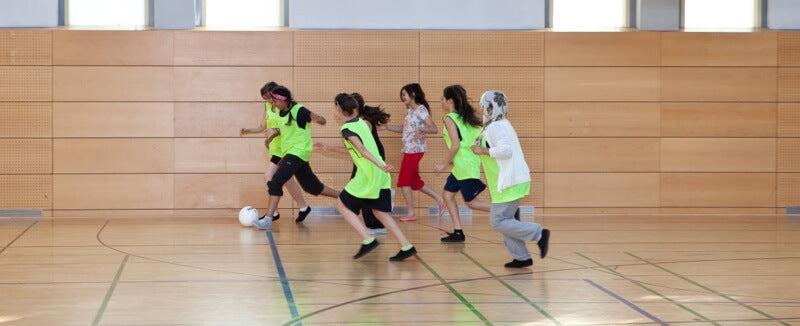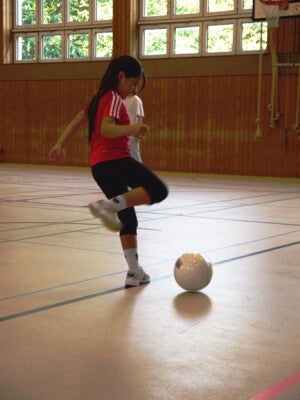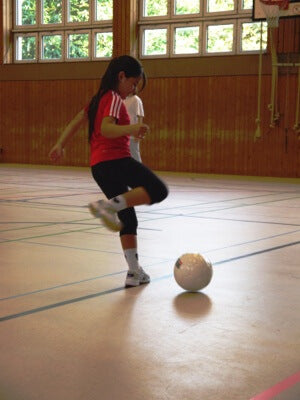Day 4
A football training session for a refugee girl in Berlin
 Escape to Germany – a home game?
Escape to Germany – a home game?


Refugee girls in Berlin-Reinickendorf

need
Leisure activities through a football club for refugee girls between 9 and 13 years in Berlin-Reinickendorf.
activity
Once a week we offer a soccer club for girls in the cooperating schools.
Measurable performance
Number of refugee girls who were able to participate in football training
Result
Improved self-confidence through football skills
Systemically relevant impact
Implementation and expansion of extracurricular activities and meaningful leisure activities for refugee girls, strengthened self-confidence, getting to know the different living environments of Berlin by opening up clubs for the participation of the girls after the end of the project.
background


The good deed
AboutGermany
Berlin
Capital city
80781000
Population
45,084.87 USD
Gross domestic product
per capita per year
5
Human Development Index
(Human Development Index)

